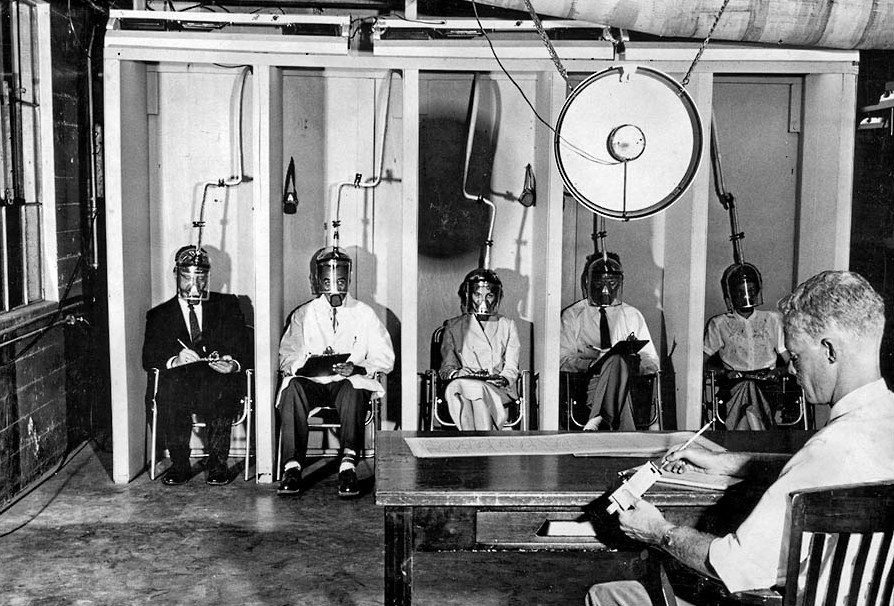An impediment to automation may be “robotic” humans willing to work for wages so low that it’s not cost efficient to replace them. From a peek inside a sprawling distribution center by Matt King of the Atlantic:
“Susan and her co-workers appeared in good spirits as the manager introduced them by name and told us how long they had been working at the company. About half of the workers had a mental or physical disability, a result of the company’s ‘inclusion’ program which mirrored similar efforts at other major retailers. In a news segment about a DC in South Carolina, one disabled worker said hers was ‘the coolest job in the world.’
These programs are viewed as leading examples of combined corporate and social success, but that success may be short-sighted. Pickers and low-skill jobs of the sort represent a pain point for DCs and the e-commerce executives who are managing their evolution. The jobs appear simple (one Amazon executive referred to the workers as like ‘robots in human form’), but the tasks are difficult to automate at scale: ‘Because products vary so much in size and shape and because of the way they sit on shelves, robotic manipulators still can’t beat real arms and hands,’ explains Erico Guizo on Spectrum, the blog for the Institute of Electrical and Electronic Engineers (IEEE).
Unlike Susan and her co-workers, who were salaried and long-time employees of the company, a growing number of ‘pickers’ at DCs across the country are hired through staffing agencies and classified as ‘non-permanent’ or ‘temporary.’ This means no health care coverage or benefits, pay that’s usually barely above the minimum wage, and employment that can be voided at a whim when the workers are no longer needed.
This tenuous labor arrangement is partly the result of an honest fluctuation in the demand for these jobs: The biggest influx of DC workers occurs just before the holiday season, when online retailers conduct a majority of their annual business. But like retail jobs, the arrangement is also an acknowledgement of the underlying economic reality: The jobs are utterly low-skill, and there exists a large supply of unemployed Americans willing to do the work.
‘In a way, because low-wage jobs are so cheap, we haven’t seen as much automation as you could,’ Joseph Foudy, a professor of economics at NYU’s Stern School of Business, told me.”

